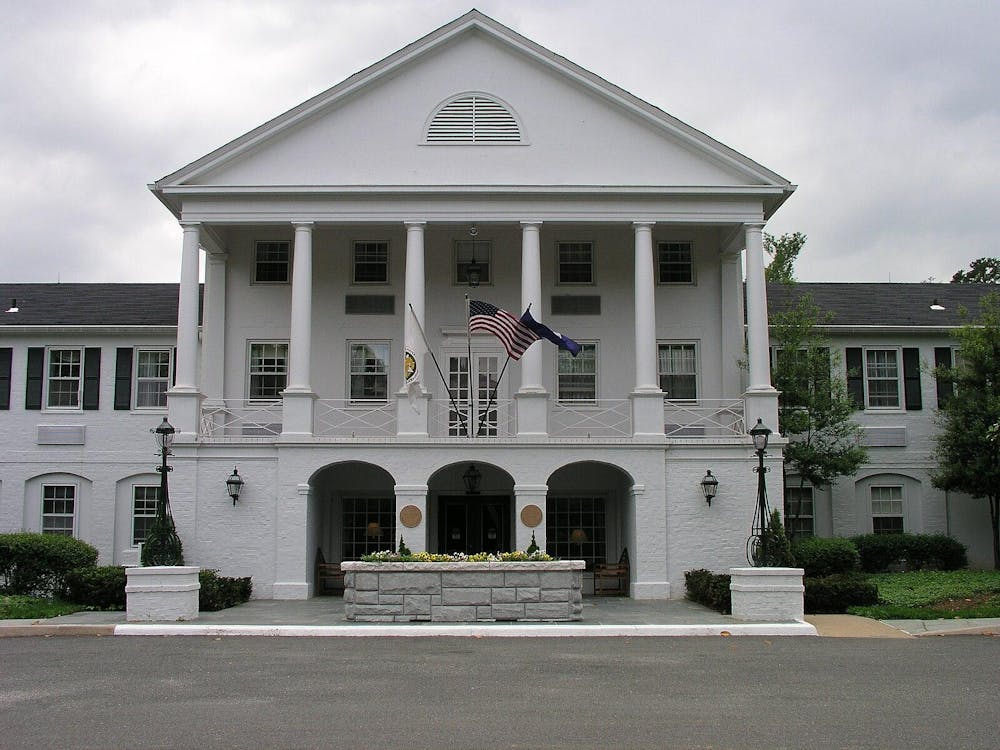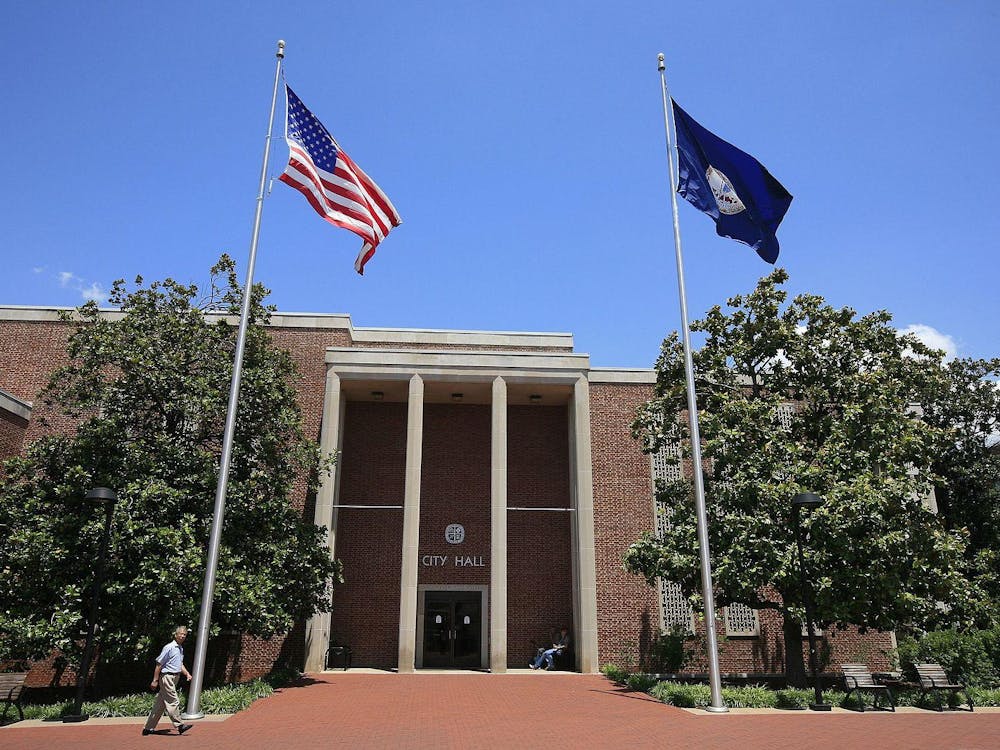It seems to me as though people who decide to defend the military's "don't ask, don't tell" policy really don't know what they are talking about.Their arguments always reference war, unit-cohesion and how discharging gays from the military really doesn't make a difference in how thinly the American military is being stretched. But these assumptions as to why it is acceptable not to allow gays to openly serve in the military are wrong.
The first thing people need to remember is that being a member of the American Armed Forces is not just about going to war. While combat is a major part of a military career, it is not typically why our men and women join the military. As a daughter of an Army solider currently serving in the Middle East, I am offended by the presumption that my dad's sole purpose is to fight and win wars for this country. When he joined the military in 1989, he knew he was likely to see combat, but combat is not what our troops take pride in.
The Army's mission is to preserve "the peace and security of the United States." Look at the Navy's mission statement and you will find it differs only in its reference to freedom of the seas.No matter what branch of the military you are referencing, they all have the same purpose and that is to uphold and protect the rights and freedoms of all American citizens, a job that makes sexual orientation irrelevant. War is just part of a soldier's job, but definitely not their single purpose.
Whenever combat is referenced, many people like to throw the word "unit-cohesion" around. Too many people are afraid that allowing gays to openly serve would interrupt the stability of our units. The first problem with this argument is the lack of faith people seem to have in our troops. The men and women currently serving are aware that they have a job to do, and very rarely does anything get in the way of that. Another flaw of this argument is that it fails to take into account that other militaries around the world allow gays to serve openly without disrupting "unit-cohesion."
Some may think it irrelevant that it works for other nations, because these nations rarely see combat and therefore have more room to make mistakes. To those people, I ask how they can label countries such as Britain and Israel, who successfully allow gays to serve openly in their militaries, as peacetime militaries. Especially when considering Israel's constant use of combat units and Britain's presence in Afghanistan and Iraq. We do not bar gays from serving in our police or fire departments, both of which are places where unit cohesion is vital and where mistakes cost lives. If they can do it successfully, what makes our military so incapable?
To date, the number of gays discharged from the military is around 10,800. What is imperative to remember is that this is not just a number, but a representation of individuals who were dedicated service members, fighting and working just as hard as the straight members of our military, but being denied the same respect of recognition of their valor and commitment.
In addition, it should be mentioned that training costs for their replacements was estimated at $48.8 million for the Navy, $16.6 million for the Air Force and $29.7 million for the Army. Over $95 million seems like a large amount of money wasted on training new people to do a job that someone else already knew how to do and was doing well. Moreover, just to put things into perspective, the loss of 10,800 troops is equivalent to the loss of a military division, which is comprised of 10,000 to 20,000 soldiers. The U.S. Army only maintains 10 active divisions. Seems like a loss like that might just aid in stretching the American military thinner, contrary to popular belief.
Thanks to the Census Bureau, we know that there are about 65,000 gay soldiers currently serving in the military; this is, however, an underestimate of the number of homosexual men and women currently risking their lives so that you may safely sit and read this column. As a daughter of a soldier, I am proud of all men and women who serve in our armed forces and as long as they do their job correctly, I do not care what sexual orientation they have. Instead of concerning ourselves with such trivialities, why don't we just work on taking care of our soldiers and ensuring that they make it home safe and sound; that's what really matters.
Amanda Adams is a second-year student in the College of Arts and Sciences.






